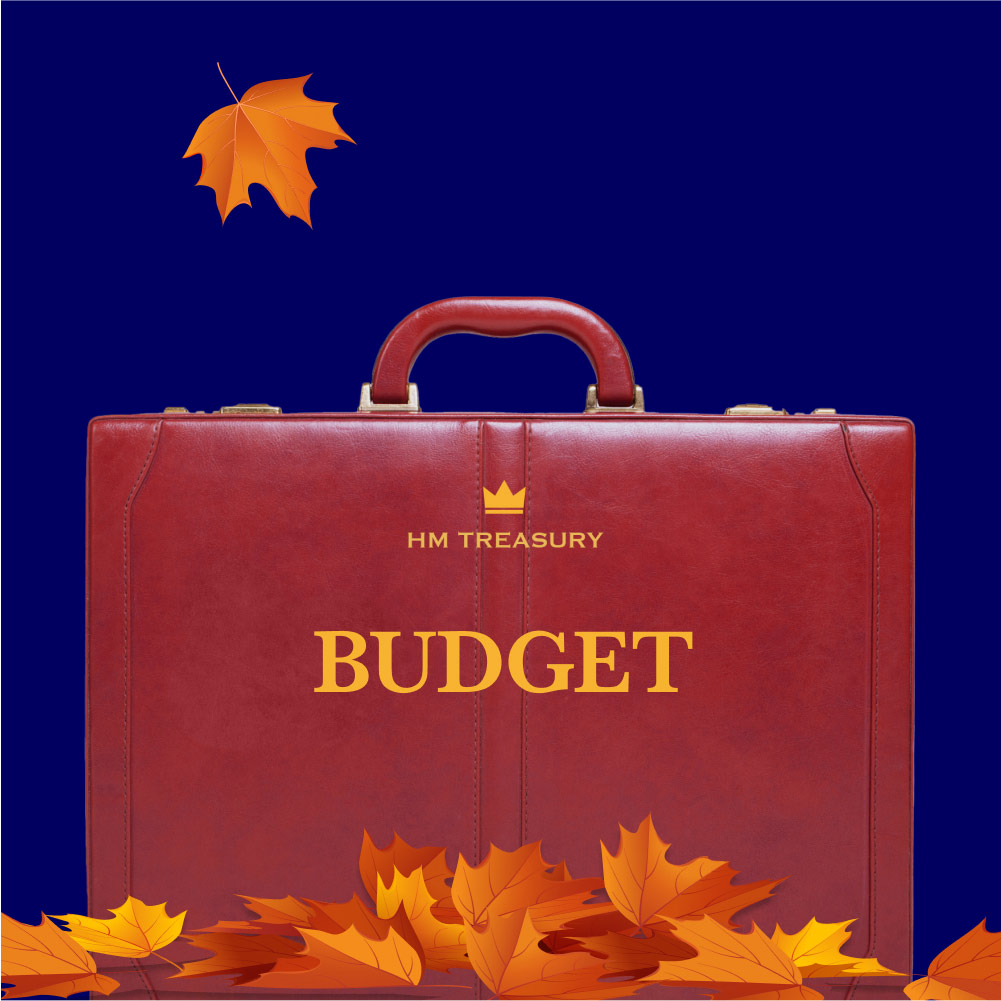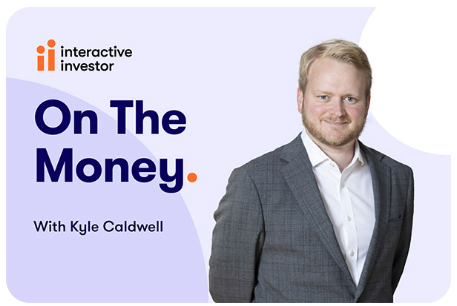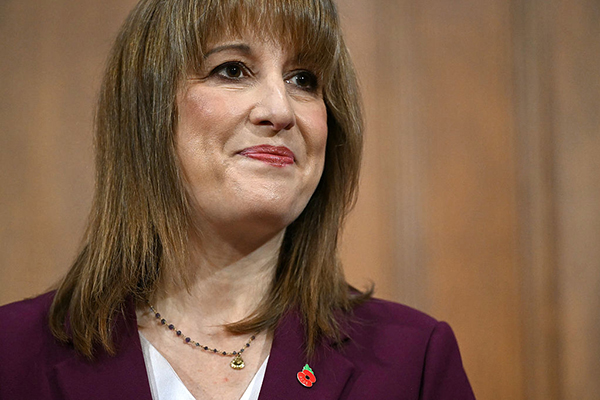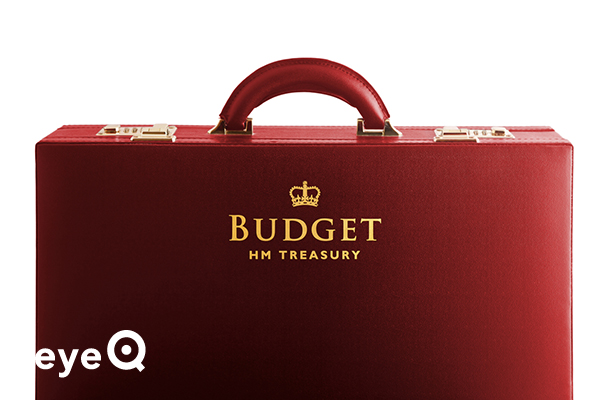Chancellor Rachel Reeves delivered her second Budget on 26 November 2025.
Our team of market-leading experts has cut through the noise to highlight the key announcements that matter most for your personal finances and investments.

Important information: As investment values can go down as well as up, you may not get back all of the money you invest. If you're unsure about investing, please speak to an authorised financial adviser.
"A 'smorgasbord' of tax hikes was predicted for Reeves’ second Budget as chancellor – and indeed that’s what we got. As a result of the Budget's £26 billion package of hikes, including £15 billion in personal taxes, few people and businesses will escape higher tax bills over the coming years.”
Craig Rickman, Personal Finance Editor

Income tax and National Insurance thresholds frozen until 2031
Thresholds will now remain frozen for an additional three years beyond 2028.
Cash ISA limit will reduce for under-65s
For savers under 65, the Cash ISA allowance will be capped at £12,000 from April 2027. The remaining portion of the £20,000 annual limit must be invested rather than held in cash.
Dividend tax rates to increase
From April 2026, dividend tax rates will rise by 2 percentage points. This means any dividend you receive on top of any other income will change to the following:
New cap on pension salary-sacrifice schemes
From 2029, salary-sacrifice pension contributions above £2,000 will be taxed in line with standard employee pension contributions.
New “mansion tax” for high-value homes
The “mansion tax” will apply from 2028, with properties valued over £2 million charged £2,500 annually, and those over £5 million charged £7,500.
The two-child benefit cap will be scrapped from April 2026
This change could alter household budgets and long-term financial planning for many families.
Other notable announcements
It’s important to avoid knee-jerk reactions. While this Autumn Budget has shaken up the parts of the UK tax system, most of these reforms will not take place straight away.
So it’s good to think about your long-term plans. And make sure you stay informed on all the post-Budget news via On The Money podcast, as well as our editorial articles.


Saffron Wainwright

Craig Rickman

Lee Wild

Craig Rickman

Craig Rickman

Craig Rickman

Craig Rickman

Craig Rickman

the interactive investor team

Rachel Lacey

Craig Rickman

Huw Roberts

Graeme Evans

Graeme Evans

Huw Roberts

Join ii Community - the free social trading network built for ii customers.
Connect, compare portfolios, and talk strategy with like-minded investors. Whether you’re after expert insights from our award-winning journalists or want to swap ideas in private groups, this is your space to stay sharp, informed, and inspired.